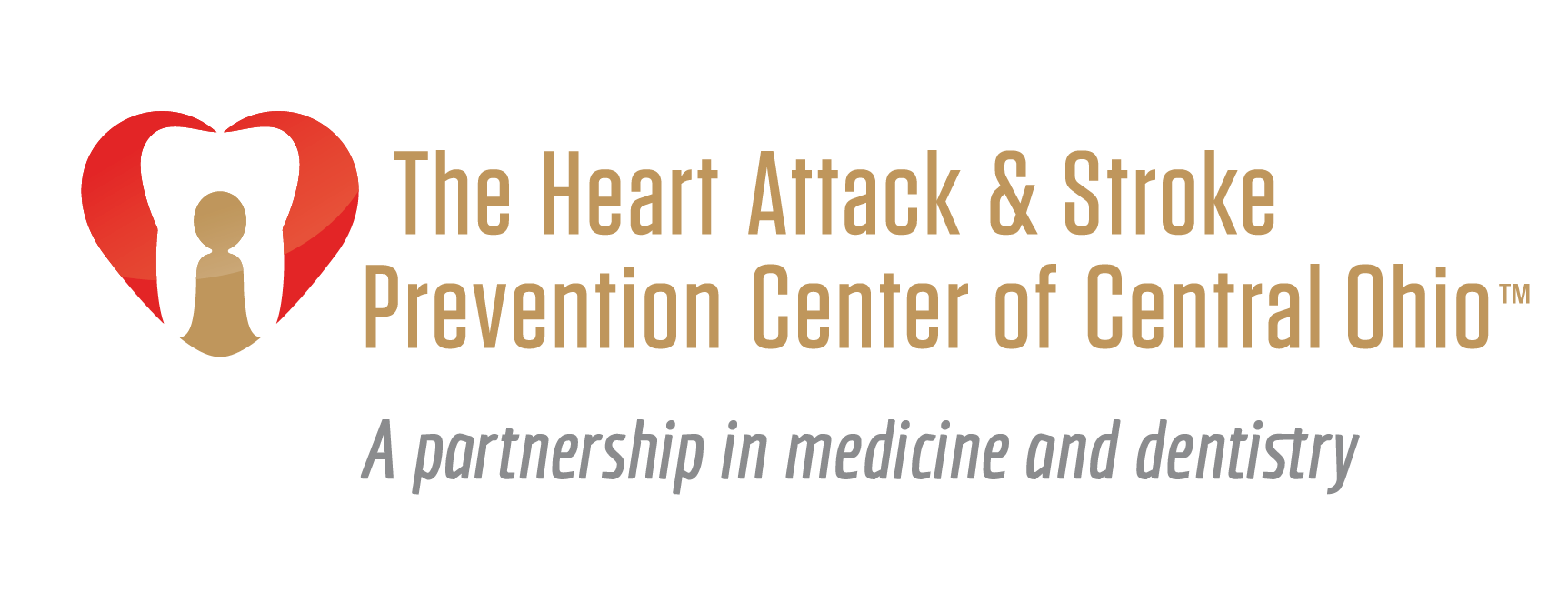Heart Talk - April 2018
- Eric Goulder, MD, FACC

- Mar 31, 2018
- 4 min read
Wonderful Ways Mindfulness Benefits Your Heart, Brain, and Arteries
Heart-healthy and Stroke-free Living with Eric A. Goulder, MD, FACC

Did you know that chronic stress is a major risk for developing cardiovascular disease (CVD), the leading killer of Americans? A large study conducted in 52 countries around the world found that psychological factors (including stress) nearly tripled risk for a heart attack. Even newer research suggests that chronic tension is just as hazardous to your arterial health as smoking!
A recent study reveals why chronic stress is so toxic — and other new research offers a simple, but remarkably effective, way to tame tension: mindful meditation. Here’s a look at the wonderful cardiovascular benefits of mindfulness and how to fit this relaxation technique into a hectic lifestyle, according to research presented in the BaleDoneen Method Monthly Scientific Updates for graduates of our Preceptorship Course.
Your Brain and Arteries on Stress
An intriguing 2017 study was the first to show that activity in the amygdala — a brain area involved in stress — independently predicted risk for cardiovascular events, even when a wide range of other factors affecting arterial health were taken into account. Activity in other brain areas was not predictive, reported the researchers.
The scientists used PET scans to study brain activity in 293 initially healthy people ages 30 and older. Participants were tracked for a median of 3.7 years, during which 22 of them suffered cardiovascular events, such as heart attacks, strokes, heart failure, and new-onset angina (chest pain due to due to inadequate blood flow to the heart).
The study found that activation of the amygdala due to fear and stress triggers a cascade of effects, including increased bone-marrow activity and a rise in arterial inflammation, one of the leading causes of CVD. The research suggests that stress reduction doesn’t just make people feel better psychologically — it may also enhance arterial wellness, potentially protecting against heart attacks and strokes.
Powerful Health Benefits of Mindfulness
Mindfulness involves focusing on the present moment in an open, nonjudgmental way, while letting stressful thoughts about the past or future drift away. Many studies have reported health benefits from this practice, including the following:
• Keeping your brain sharp throughout your life. In the most extensive study to date, spanning 7 years, researchers report that meditation may help prevent age-related mental decline. Other studies suggest that mindfulness may actually change the brain, by expanding areas involved in focused attention.
• Fighting inflammation and stress. In a small study, people who were highly stressed due to unemployment were randomly assigned to learn mindful meditation or a fake technique focused on relaxation. While both groups felt less stressed after three days, follow-up tests found that only those who practiced mindfulness had reductions in blood markers of inflammation. This group also had more communication in brain areas that process stress-related reactions and those related to focus and calm, suggesting that their brains may have undergone rewiring to manage tension more effectively.
• Reducing chest pain and stress in heart patients. Significant decreases in frequency and severity of angina in women with non-obstructive CVD were reported after 8 weeks of mindfulness training in a recent study. Mindfulness also reduced the women’s scores on tests measuring depression, anxiety and perceived stress by 10% to 15%. No improvements in symptoms or mood were reported in a control group of patients who didn’t get the training.
• Lowering your blood pressure. A new 8-week Harvard study found that people who meditated for 15 minutes a day had striking changes in expression of genes that regulate inflammation, circadian rhythms and glucose metabolism, leading to significant drops in their blood pressure.
• Combatting or preventing depression. In an 8-week study published in Annals of Family Medicine, adults with subclinical depression were randomly assigned to either receive standard medical care or mindfulness training. After 12 months, those who practiced mindfulness had a much lower rate of major depression than those who received standard care (10.8% versus 26.8%). That is an important CV benefit since major depression escalates risk for arterial disease.
Easy Mindful Exercises
To tame tension and enjoy the cardiovascular benefits of mindfulness, try these quick exercises during the day • Start with a basic meditation. Sit quietly for 10 minutes and pay attention to your breathing or a mantra (focus word) that you repeat silently as you allow distracting thoughts or worries to drift away like wisps of smoke. You may find it helpful to gaze at a meditation object, such as a smooth stone.
• Create a “to-be” list. Kim Nicol, a mindfulness expert who works with Fortune 500 executives, offers this advice in a recent Fast Company article: “Halfway through the day, pause and take a minute to ask, ‘How am I being right now?’ Curt, or understanding? Defensive, or open-minded?” She adds, “You might even find you’re engaging others and forming deeper relationships by being curious and intentional.” Writing down your “to-be” list helps you turn your intentions into achievable goals.
• Give yourself some credit. “You are your own worst critic, so allowing time for gratitude can be difficult amid a jam-packed schedule … but it should be a priority,” Nicol tells her students. She advises listing your accomplishments every day, even the little things, such as not hitting the snooze button for once, to keep your focus in a positive place.
Read the Full Newsletter!




Comments